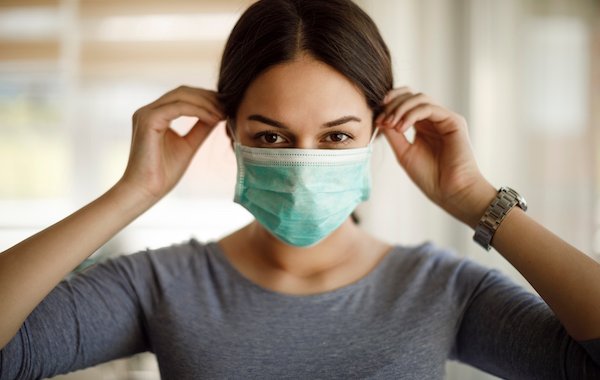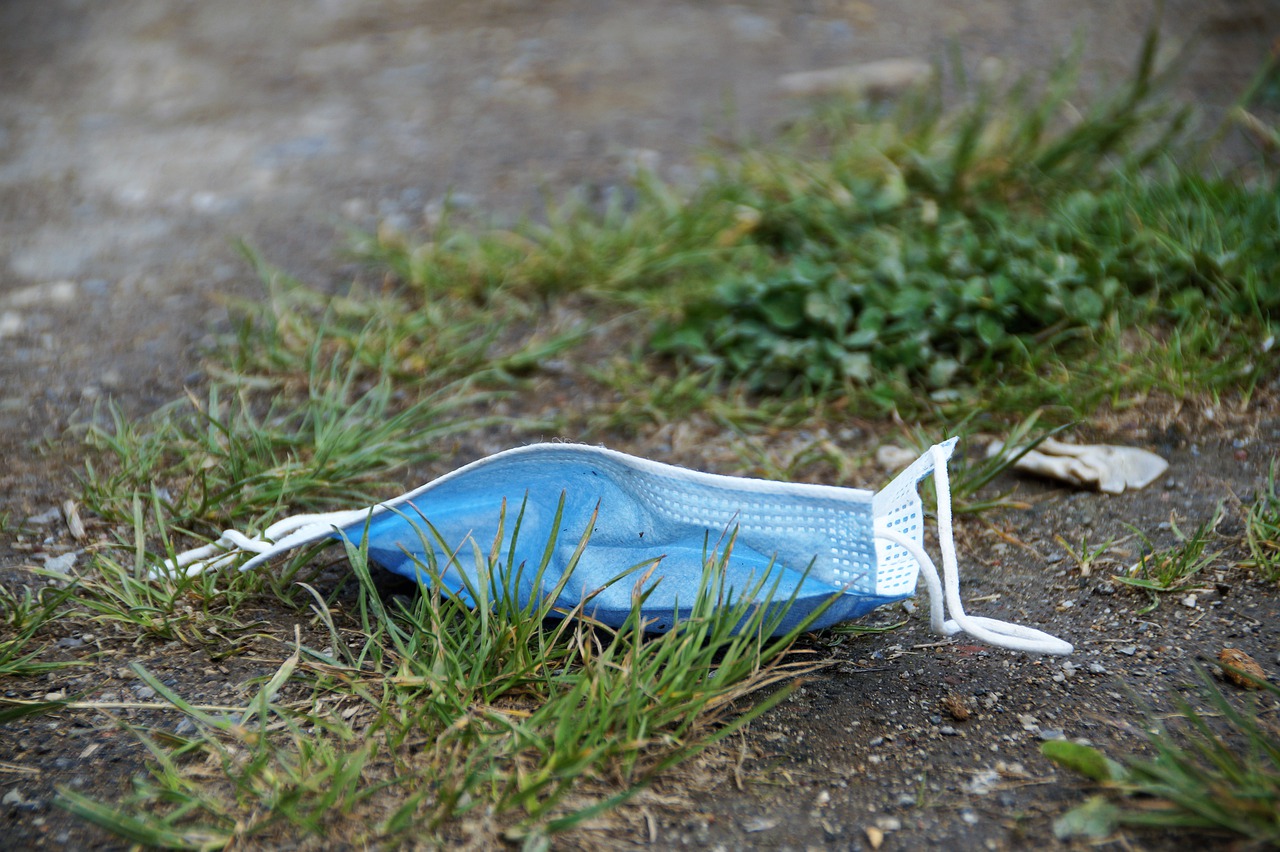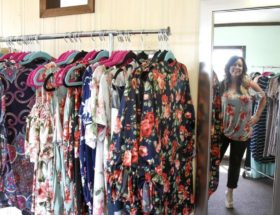
What Will Be in the Landfill after the Pandemic and How to Help the Planet Now?
The coronavirus is undoubtedly having an impact on nature. Inspired journalists and environmentalists are already calling what is happening an unprecedented action to improve the environment. But is everything so positive really?
What is the problem?
The coronavirus has taken a toll on the economy, human health, social ties, and moved us into a new reality. People have started using masks, gloves, wipes, and sanitizers to protect themselves from the virus. And here, in terms of ecology, a set of problems immediately arose: the volume of production is increasing, the duration of use of such protective equipment is on average several hours, after which it is difficult to dispose of them.
Medical waste, which includes most protective equipment, must be disposed of according to a separate protocol. If a person is not just on self-isolation but does not rule out the possibility of being a carrier of the virus, they should stop separate collection and discard all of their waste as mixed, packaging it as much as possible.
According to the 74th World Health Assembly, some factories have suspended their operations and stopped supplying recyclables to recycling plants. As a result, the coronavirus has the potential to cause significant damage to the recycling infrastructure.
The use of medical masks deserves special attention
Experts’ opinions are quite contradictory – should masks be worn, and if so, in what cases, which ones and how often should they be replaced, does it make sense to buy a mask from a fashion designer, or is it at best useful for a beautiful photo in social networks? Meanwhile, the coast of Hong Kong is already littered with disposable masks. This is especially dangerous for animals, as the masks are made of non-woven synthetic materials, and sea creatures mistake them for food. The impact of masks, as well as gloves, napkins and empty containers from sanitizers on the environment we have yet to assess. However, this can only be done correctly when the pandemic is over.
How to throw away a mask properly?
Respirator masks are class B medical waste, which poses an epidemiological hazard. Such waste must be decontaminated before disposal because masks and gloves can carry viruses. After the start of the pandemic, Rospotrebnadzor recommended that Russians collect used medical masks and disposable gloves in a separate bag, pack them hermetically and dispose of them together with household garbage.

More Disposables
The challenge for many countries now is to keep people safe and curb the spread of the pandemic. In the “pre-coronavirus time” it was easier to take care of nature – you could pour coffee in your mug at the coffee shop, go to the store with a reusable bag, participate in environmental actions and use your food containers in cooking. In the new reality, these practices will have to be reconsidered: for safety reasons, stores and cafes are temporarily limiting the sale of food and drinks in customers’ dishes, environmental promotions have been canceled, retailers are using more packaging materials, and the e-commerce industry goes to unprecedented lengths to ensure safe delivery. All of this will also put additional strain on the environment.
Panic shopping
Since late February/early March 2020, shoppers around the world have been storming supermarkets, sweeping away toilet paper, soap, detergents, pasta and other durable products. In the U.S. and Australia, demand for guns also increased. Authorities in many cities have had to issue an appeal to shoppers to stop the hysteria and stop the avalanche of shopping – this does nothing to help in the fight against the pandemic.
The impact of the coronavirus on the environment is still difficult to assess. On one side of the scale is really unprecedented environmental action – reduction of emissions from transport and shutdowns, reduction of electricity and water consumption due to store and office closures. On the other side are disposable remedies, extra packaging, panic buying, and the risk for many green projects of not surviving this crisis.









